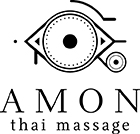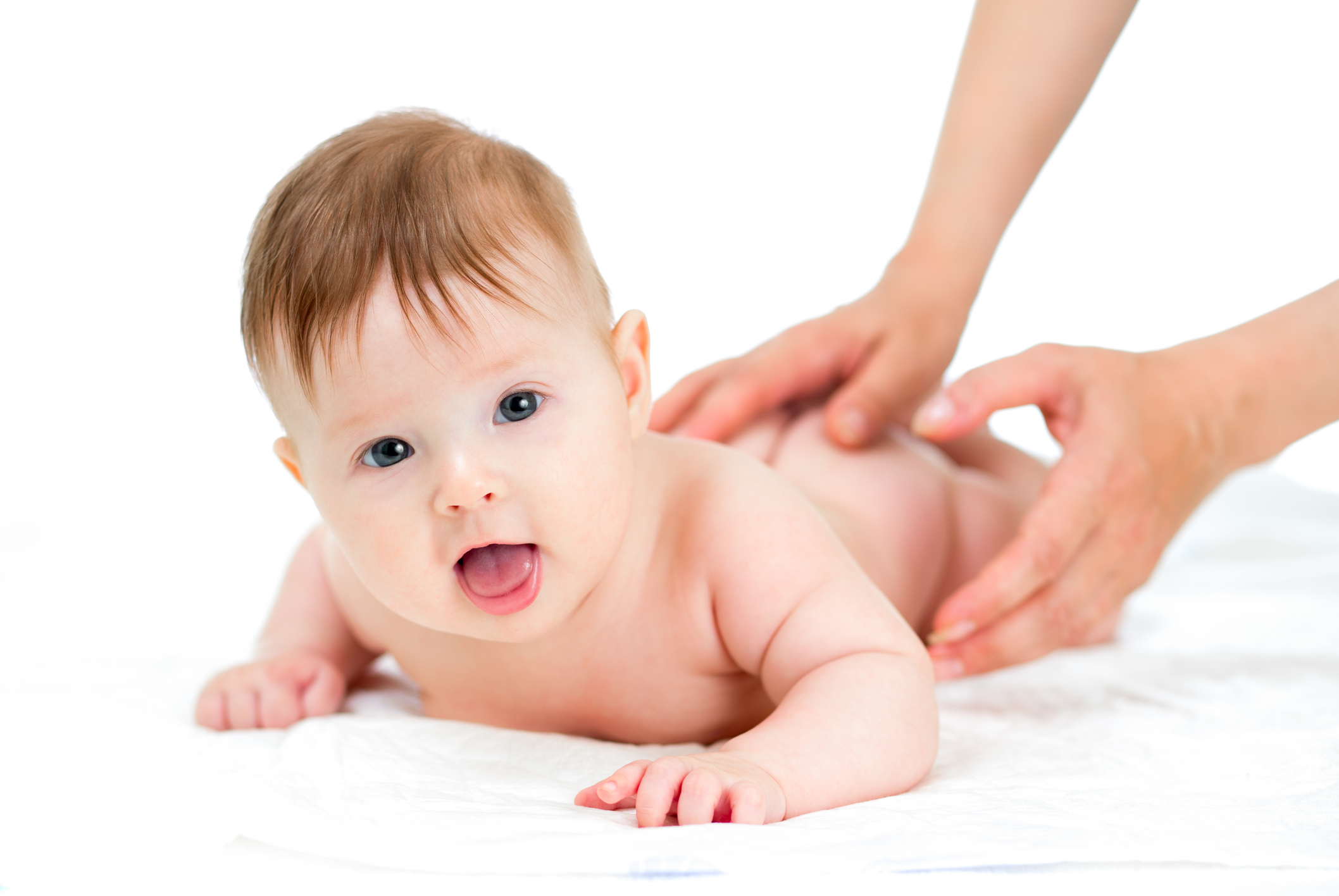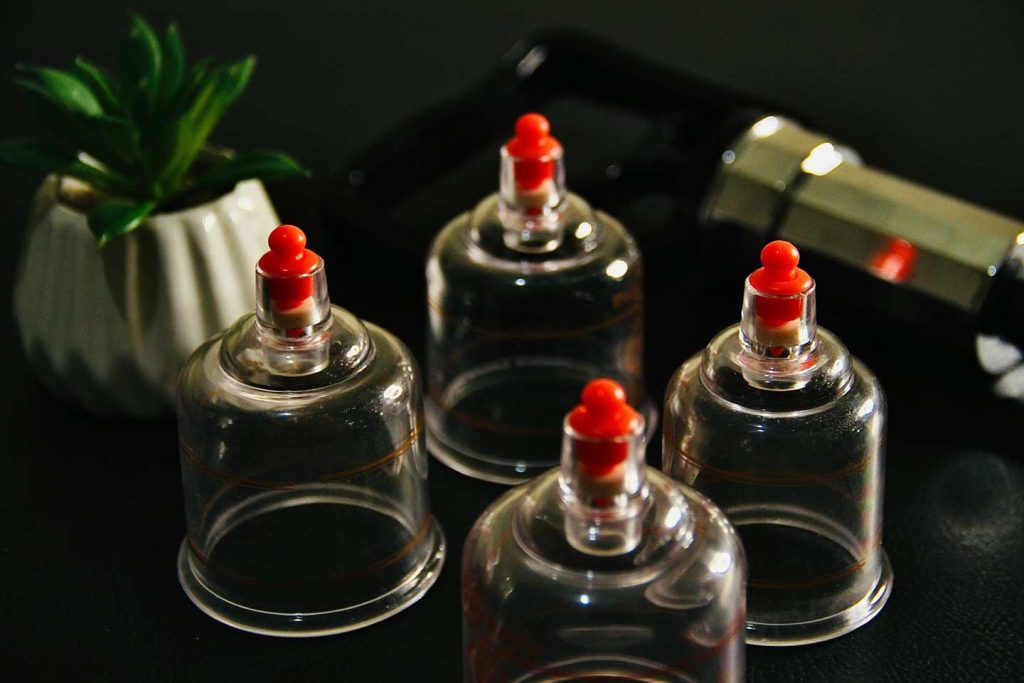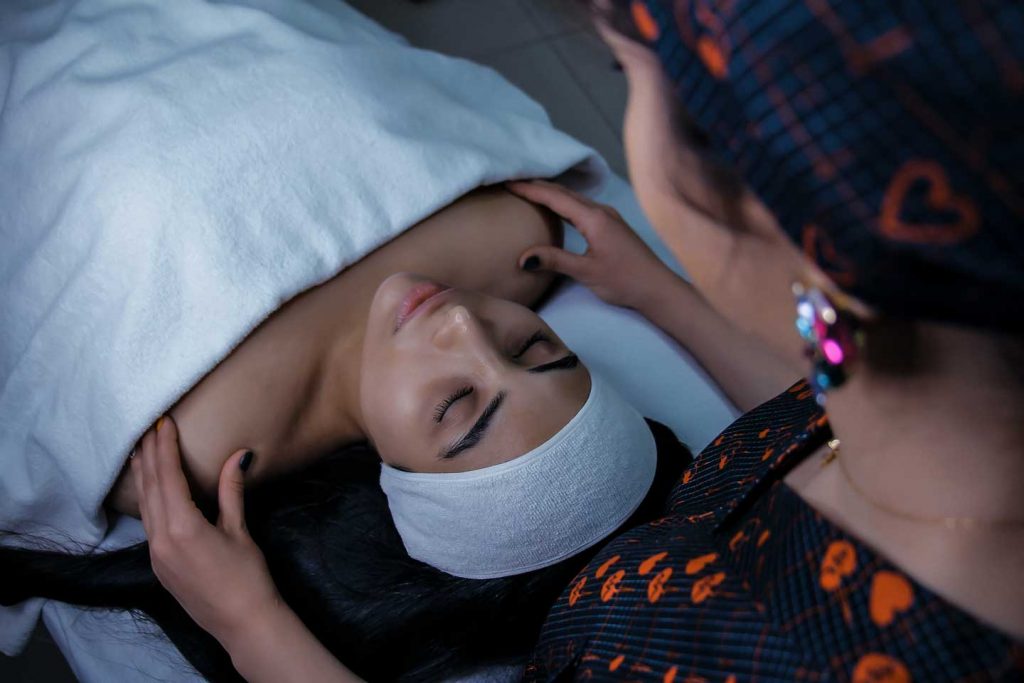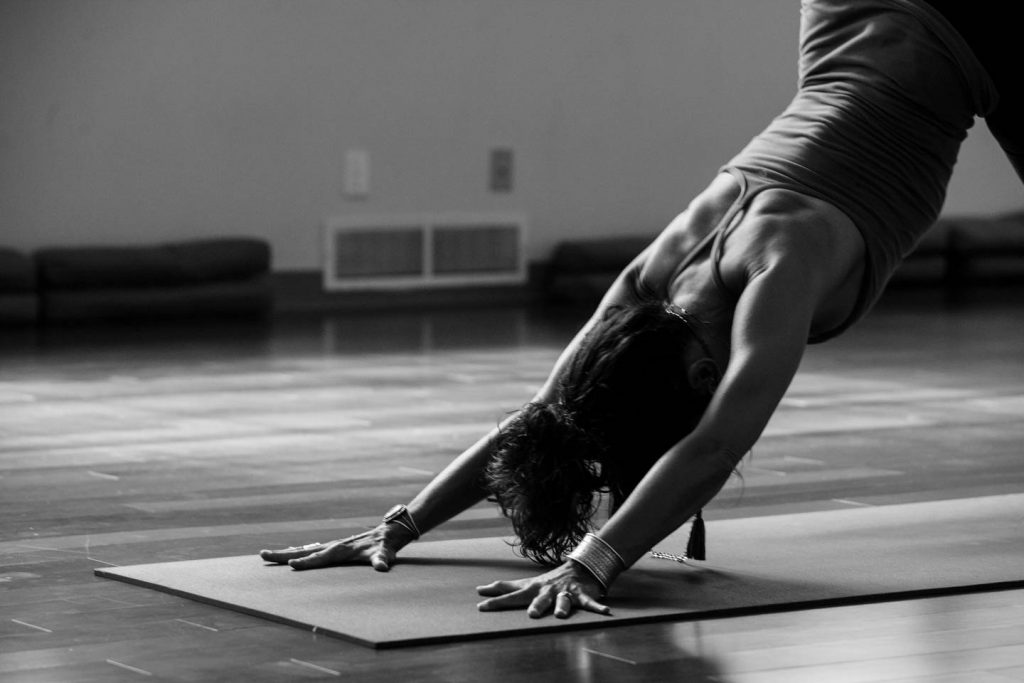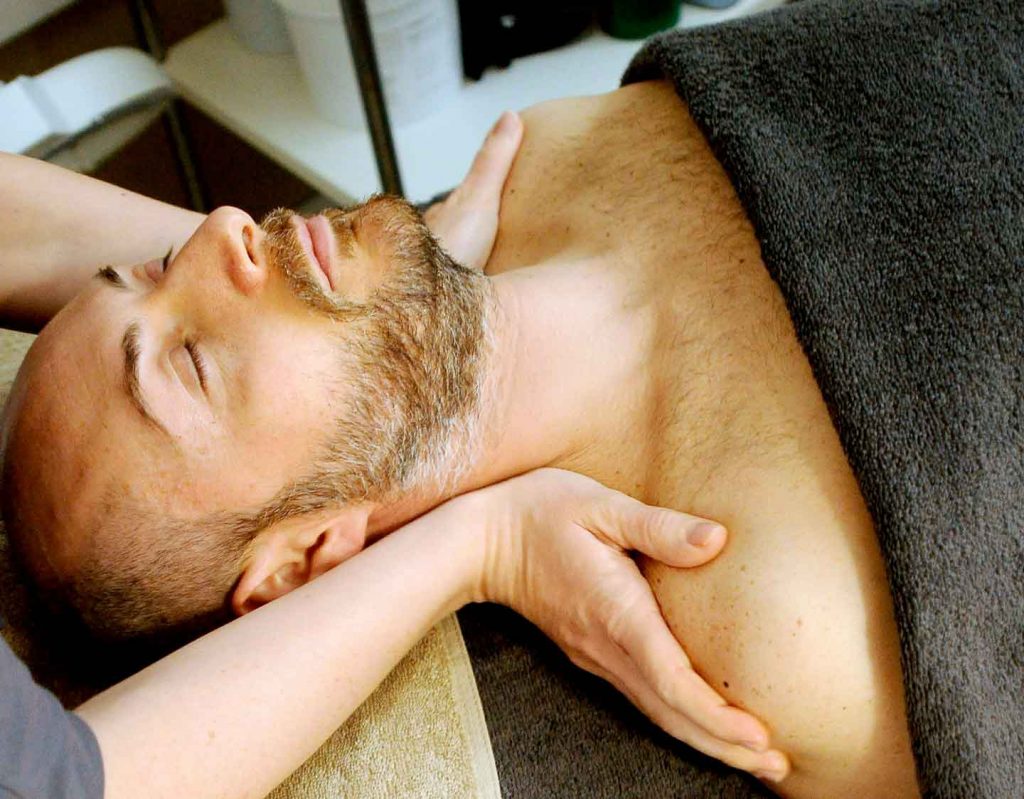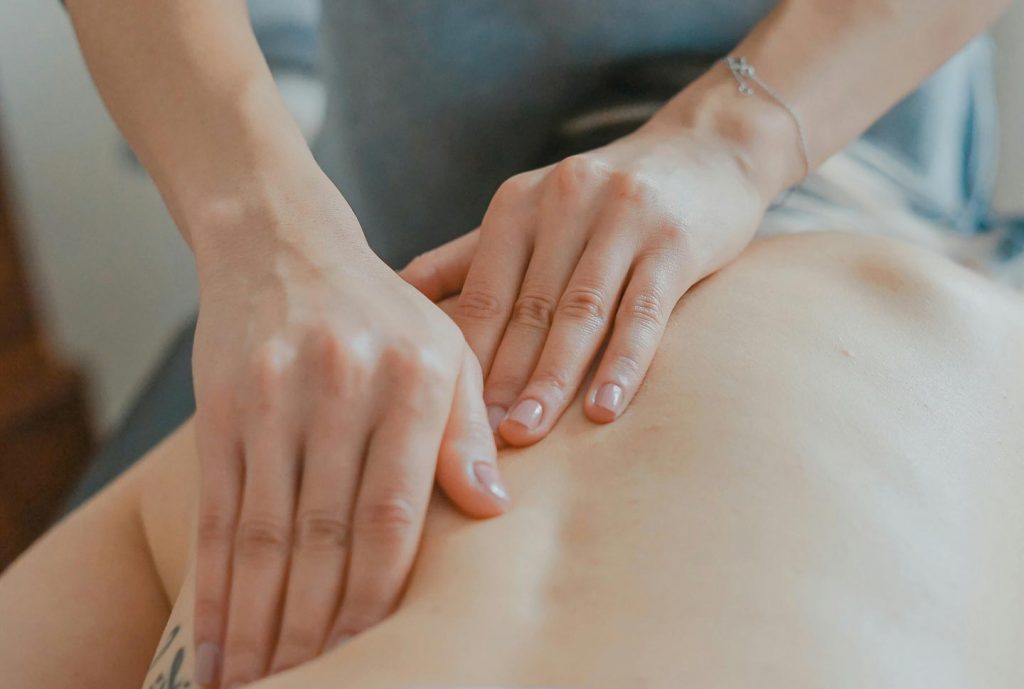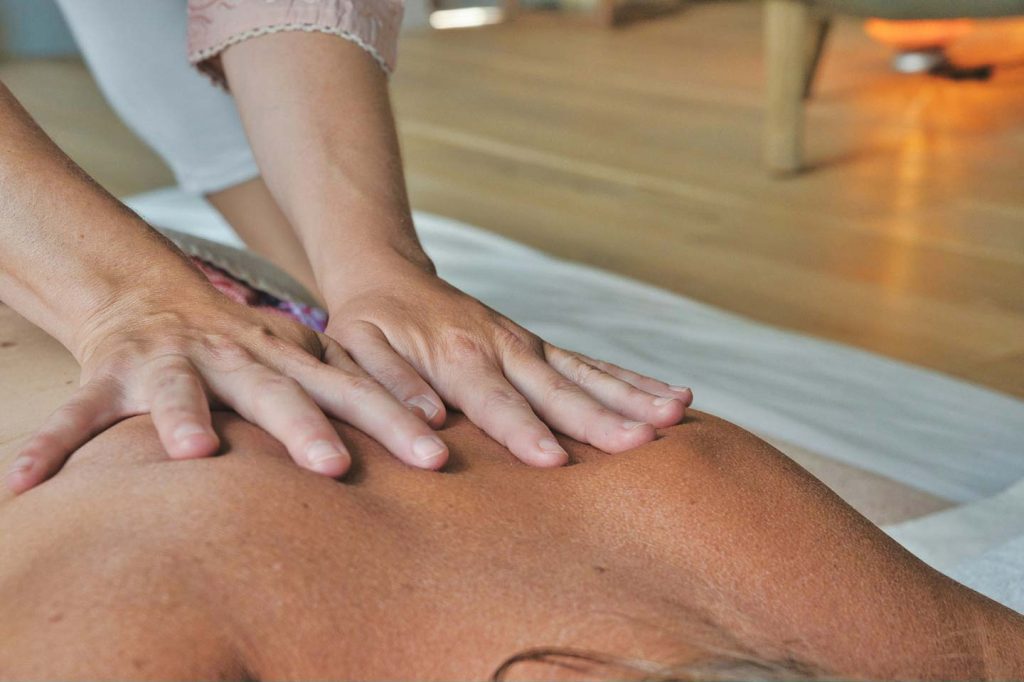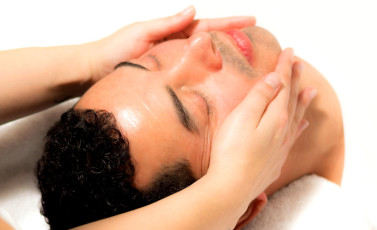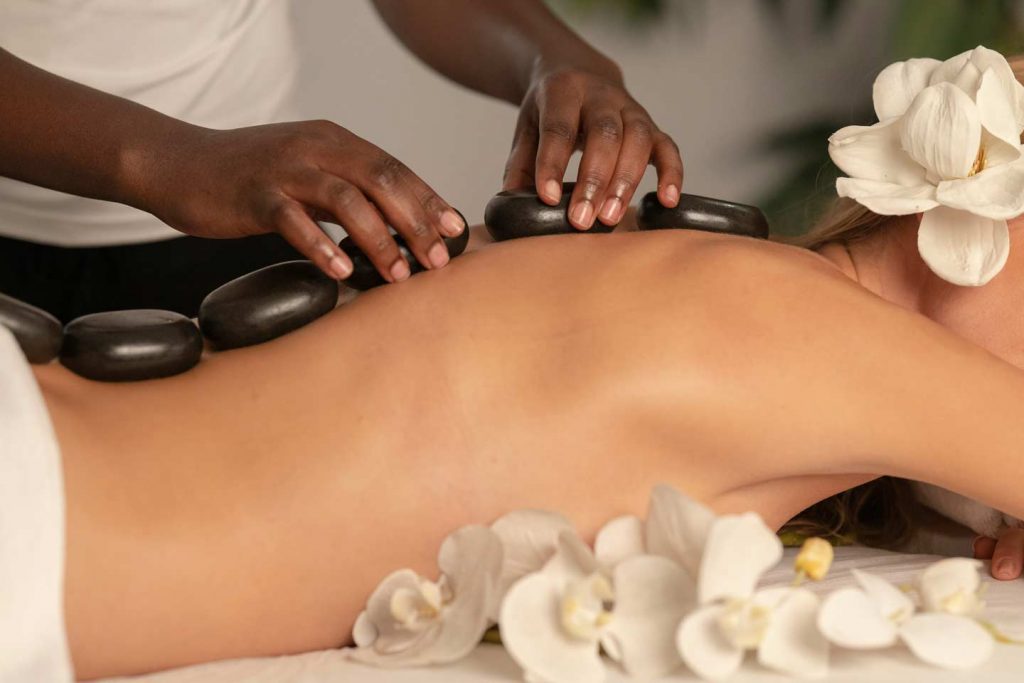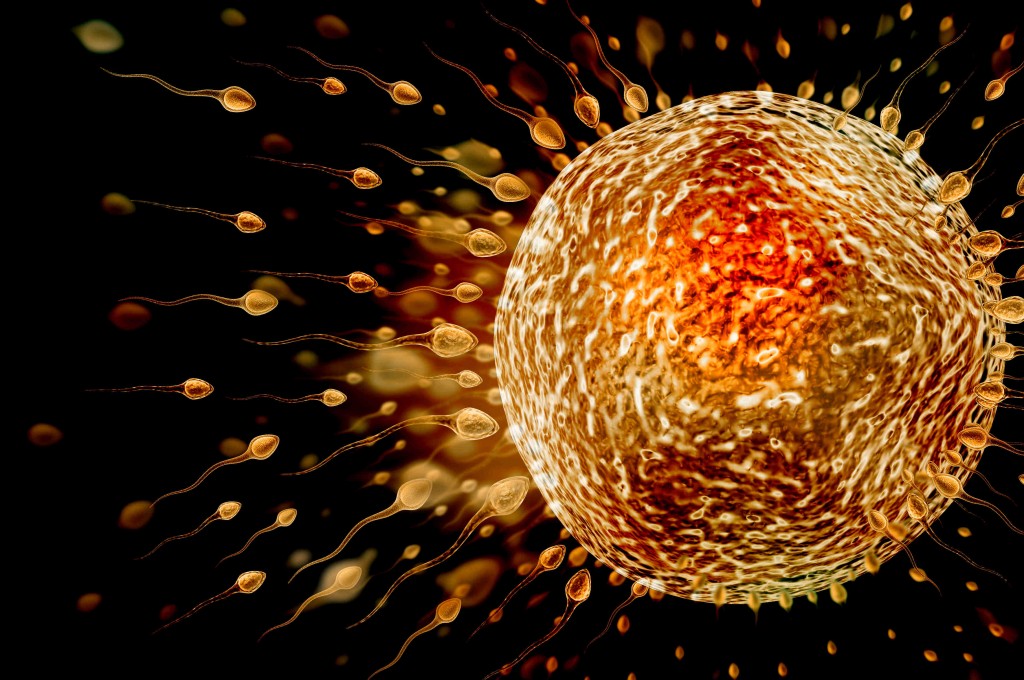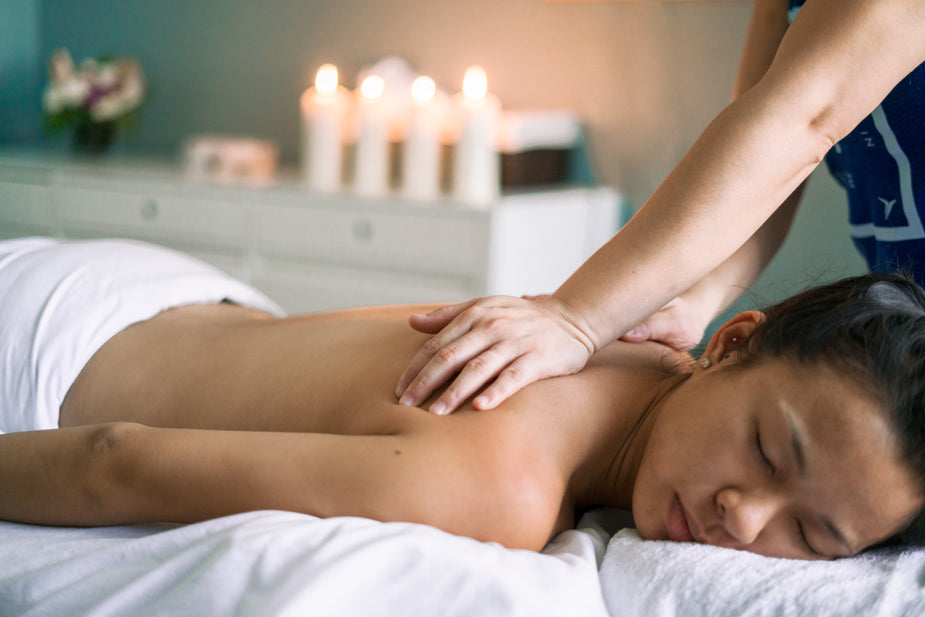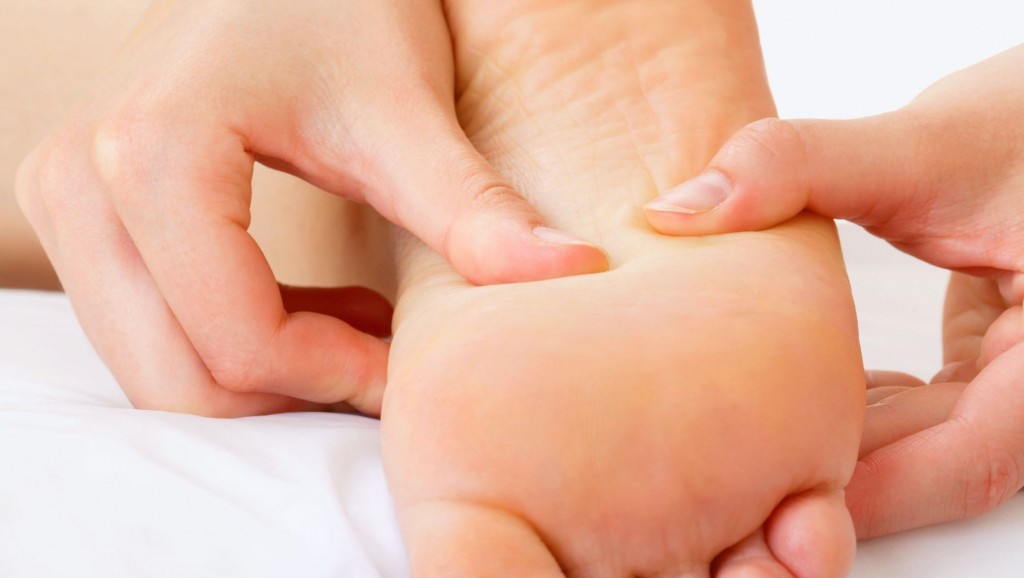Massage for Babies
It is not very common to massage little kids or newborns, probably because we think they do not need it or because parents are not prepared to give a massage to their children. We want to make a few important recommendations for those who want to delight their children with the advantages that the broad universe of massage gives us.
Caress over and over as many times as you want. Physical contact either through kissing, caressing or hugging is an essential part of effective development. A kid who does not receive affection becomes aggressive and hostile – this is the importance of caressing and physical contact. Tenderness and affection that your children receive will have an impact on their lives in a very positive way.
The tummy of a newborn is the part of the body that benefits the most from soft and continuous caresses, due to their difficulty with digesting food when they first come into the world. A massage should be a caress with a little vegetable oil.
Where to begin?
The most suitable places to give a massage session to a baby or a little kid are not necessarily a crib or a bed. The best place to give the massage is to put the child on your lap with their head properly resting on a soft place.
To do the massage, first put the hands over the belly making swaying movements and then lightly press the sides with your fingers, avoiding tickles.
Another pleasant and nice massage is usually applied in the chest. There is no need to ever press the chest or sternum – just move your hand. Then face down, you can softly massage the back and buttocks.
Finally, do some stretching and mobility exercises making sure the baby participates. Besides being very pleasant to the child, we achieve a unique bond of love and intimacy between both.

Massage for babies and toddlers
Oil massage is traditional technique used in many countries, especially the African and Asian continents. The Indian subcontinent and Mediterranean region have been using these practices for ages by incorporating oil massages as a part of newborn care as well as neonatal intensive care practice. The practice of infant care varies across the globe and the western cultures have adapted these practiced because of learning from the eastern cultures.
What is a baby massage?
A baby massage is a smoothening therapy used upon babies by gently caressing their body in a way that creates rhythmic strokes around the desired areas. Part of these massages also includes talking softly, humming, or singing while doing so.
Baby massages have numerous advantages. With each delicate stroke, your baby will feel nurtured and loved, growing your love, and developing an overall fulfilling bond between you and your babies. Massages will also make your baby feel calmer, which may help them sleep better.
How often do we give these massages?
Another common concern and an emerging query coming from many new parents is that how frequent must these massages be performed? To answer your biggest concern, many therapists explain how daily massages on your baby are completely fine and is the most relied upon frequency.
However, two things need to be kept in mind,
(a) Pay attention to your baby’s cues and let that guide you to determine the frequency.
(b) Always consult a doctor before taking these decisions on your own.

How to perform one of these massages on your baby?
Massaging a baby is more than simply a physical exercise; it’s an interpersonal endeavour for your baby. Establishing the ideal environment and using practical strategies are crucial to making the most of this unique time.
Create a cosy environment!
Choosing the ideal setting is the first step in creating a relaxing massage. Choose a warm, peaceful area that encourages comfort and peace of mind. You can accomplish this by putting your infant on a clean, soft surface, such a towel. It might be a bed or a changing table, providing a haven for your baby to bond. As you undress your infant, let them know it’s time for a massage to set the mood for the relaxing session.
Start slow, always!
It’s important to start the massage slowly and gently. Starting with your infant on their back, progressively massage every area of their body. This stage enables parent and child to gradually become accustomed to the experience, starting from the head and working their way down to the feet. Every body part has its own time frame; however, the length of time should be determined by how much they’re enjoying the process. For variation, try massaging your baby briefly on their stomach while keeping an eye on their comfort level.
Repetition is key!
If your baby and you both enjoy the initial massage, think about giving it once more. This rhythmic repetition, which begins at their head and moves down towards their feet, is soothing. The secret is to continue to pay attention to your baby’s reactions and modify the duration and intensity as necessary.
Keep talking throughout
Maintaining communication throughout the massage is essential to a satisfying encounter. A calming aural backdrop can be created simply repeating the word “relax” and your baby’s name. Singing their favourite nursery rhyme or reading a story adds to the multisensory experience of the massage and increases the client’s sense of comfort and satisfaction. Additional cooing and lullabies will also work.
Use an oil; optional though!
The NHS advises parents not to use massage oils on their infant until the infant is at least one month old. For dry skin, mineral oils are suggested, however because mustard oil can be harmful, use it with caution. Because of its high oleic acid content, olive oil is not recommended, and there is less information available on alternative oils such as coconut and grapeseed.
There is a chance that peanut oil will cause allergies, and new research indicates that sunflower oil may have negative impacts on a baby’s skin barrier. Because vegetable oils rich in polyunsaturated fats are thought to be kinder, choosing the right oil for a baby’s massage requires careful consideration.
According to some studies, baby massage may even encourage healthy growth alongside other benefits.
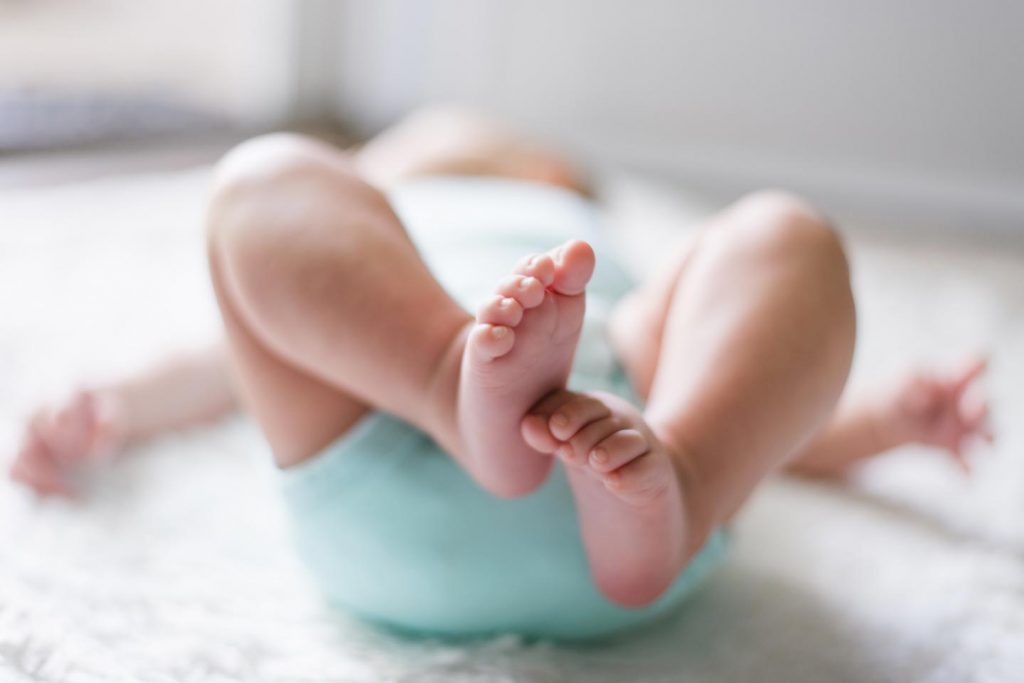
Benefits of oil massages for infants
Chance for you to bond with your baby
Baby massages are a great way to bring you and your little one closer. It has been identified over the course of decades that physical contact between the parent and the child acts to be one of the primary and foremost catalyst towards developing communication as well as trust and ownership. Making your baby feel loved and cared for just along the way.
It is also believed that a child can feel the touch of the mother when they’re inside the womb every time the mother touches their belly. This later adds up to the feeling of familiarity that grows when the oil massage is specifically being practiced by the mother, creating a growing feeling of love and care towards the child.
Never underestimate the power of a parent’s caring touch on their child, especially at such a young age. Infant massages are fantastic opportunity for parents to strengthen their bonds with their children. This allows parents to get to know their babies on a deeper level, learning more about their baby’s requirements. This will lead to more efficient communication, which will minimize stress on both sides.
Reduced levels of stress
When babies are born, their brains are only 25% of what they will become when they reach adulthood. They are processing their internal and external environments on a rudimentary level, which is why they rely so heavily on you to help them control their emotions. Adults and older children rely on rational thinking to solve problems and deal with stress.
However, how our little humans learn to manage stress is heavily influenced by the attentiveness of their care takers. We naturally communicate with our newborns in a variety of ways (think cooing, singing, rocking, and so on). Touch, on the other hand, has its own tremendous impact.
Levels of cortisol (A.K.A, the stress hormone) has been shown to significantly lower because of massages on baby. Massages on babies also shows to help them start lying on their backs allowing them to balance their neural network helping them regulate their behaviour better, starting at an early age.
Promote brain development and learning
It has been believed through ages that starting massages at an early stage for your child helps regulate better blood circulation catering to better development of cognizance and increased alertness at an early stage. A positive affect that upholds because of massage on a baby develops receptiveness in the baby at an early stage creating sharpness in behaviour in the short as well as the long term.
Boost self-awareness and instigate better motor skills
Better understanding of themselves and their environment is born out of coordination developed because of the loving touch and comfort the child experiences at an early stage of like. Hence, helping your child develop effective motor skills at an early age. Not that you’re always wishing for a national level athlete out of your child, but a gold medal never hurt no one.
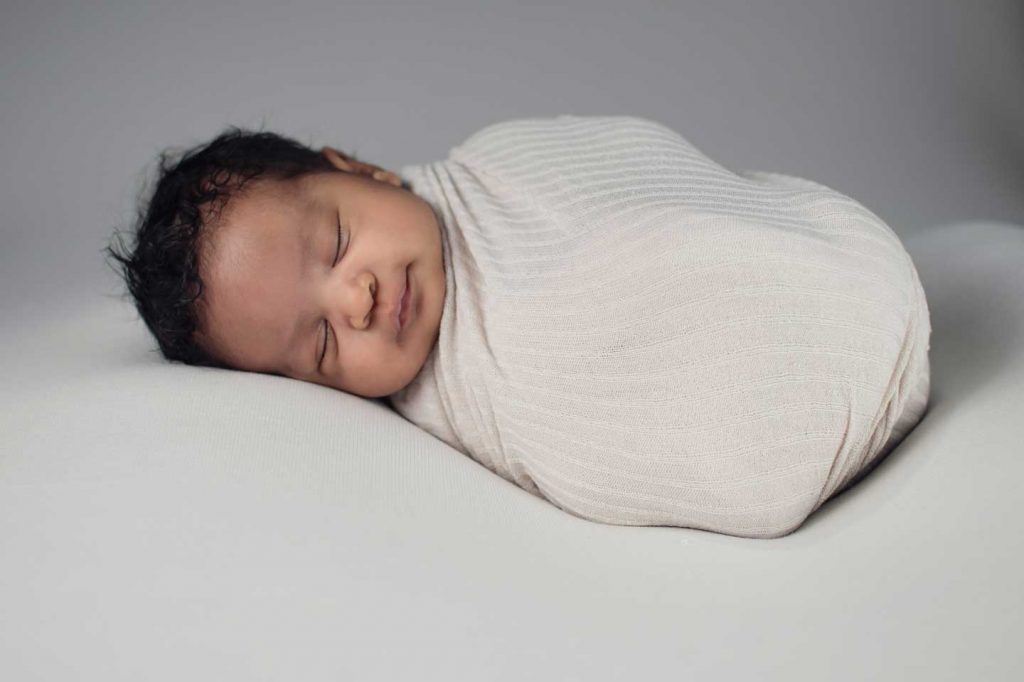
Health benefits for your baby
Infant massages, according to the International Association of Infant Massage (IAIM), boost the circulatory and digestive systems. This stimulation is helpful in alleviating the discomfort caused by gas, colic, and congestion.
Allowing your baby to develop a better appetite and healthy needs resulting in better chances at healthy weight gain. Massage therapy for infants is well known for its capacity to relieve a variety of discomforts, such as tense muscles, growing pains, and discomfort associated with teething. Highlighted is a unique facial massage technique that releases endorphins, which are the body’s natural analgesics.
Hence, at all stages of childhood for a baby, these practices can be a trust-worthy source of comfort for your baby.
Source of relief for you as a parent!
Naturally, nothing compares to witnessing your child content and stress-free. However, you can also directly benefit from massaging your little one. Particularly if this is your first child; since their arrival, your life has undergone a significant transformation. You both have a lot to learn in your first year together.
Parenting isn’t simple. However, no matter how well you prepare, you might still experience an underlying shock. Nobody ever becomes a superb parent by accident. Furthermore, it can be all too simple to blame yourself for the mistakes you make—even those that are typical of first-time parents. Research has indicated that parents who massaged their infants were better at adjusting to their new duties as care takers, felt more confident in their skills. And, obviously, a happy baby can be nothing short of an achievement for you as a new mom or dad.

Conclusion
Baby massages are a smoothening therapy that calms your baby and may have wondrous outcomes for you and your baby in the long run. However, these practices and learning these techniques does not come naturally to parents at times. No need to worry in that regard, there is absolutely nothing wrong with consulting a professional. Rather, it can be a more likeable idea to get a professional to do the job for you, at least for the initial few attempts. Don’t forget, you’re doing great mom and dad!
